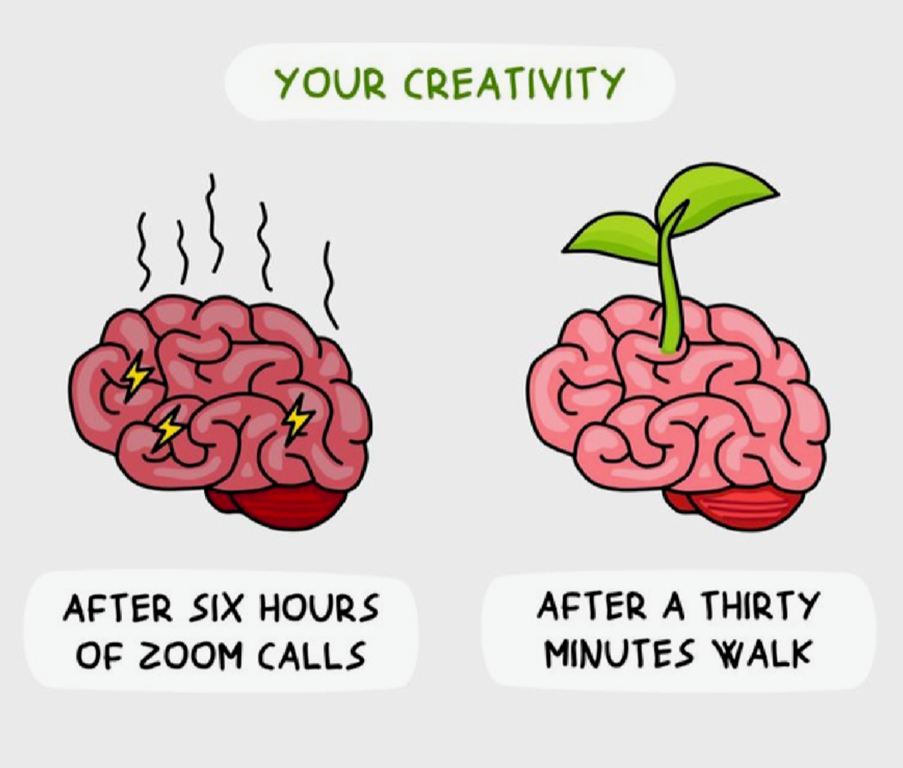School Advisory Council
Our School Advisory Council (SAC) met last week, and it was a pleasure to have most members join us in person on the evening. The SAC was presented with our new Strategic Plan 2026-30 which has emerged from the EREA School Renewal Report. The four pillars of our strategic plan are:
- Enhance our Catholic Identity
- Celebrate Our Difference
- Improve Learning and Teaching
- Build Capacity
I look forward to unpacking the strategic plan further with you over the coming weeks and into 2026.
The SAC were also presented with a draft of our revised master plan. The master plan will provide a vision for our site but also include several smaller projects that will improve the student experience at St Mary’s, especially in the grounds and the plaza. We are hoping to be able to capitalise on the skills in our parent and carer community to get some of these small projects underway. Please keep your eye out for requests for assistance from David Formosa, Director of Development.
Social Media Minimum Age Restrictions
It’s been called a “ban” since the announcement from the Minister last year, but it is important to understand that the Online Safety Amendment (Social Media Minimum Age) Act 2024 places obligations on social media platforms, rather than on parents and schools, to help reduce access to harmful content and manage screen time.
From 10 December 2025, certain social media platforms must take reasonable steps to ensure that people under 16 do not hold accounts. It is not so much a “ban” as a mandatory minimum age requirement for holding accounts. It is expected that many platforms will qualify as “age-restricted social media platforms”, including Facebook, Instagram, Snapchat, TikTok and YouTube.
More information is available here: Australian Government - Social Media Minimum Age – Fact sheet and eSafety Commissioner - Social media age restrictions hub. The eSafety Commissioner offers advice for parents and carers on managing conflict and helping with coping strategies for our young people, as well as addressing some of the more practical questions about which you may be curious.
VCE Exams
The exam period for our Year 12 and some Year 11 students commenced this week, and we wish everyone who is undertaking these assessments every success. Our larger exams are conducted in the St Mary’s Parish Hall. Smaller exams will be undertaken in the Study Hub and adjoining rooms.
Year 11
Our 2026 Captains, Prefects and House Leaders were acknowledged at their pastoral assembly this week and it was my pleasure to congratulate our next generation of leaders and speak briefly to the students gathered. In my address I emphasised the influence they have as leaders with younger students in setting the tone and raising standards at St Mary’s. They appear to be a wonderful group of young people, and we look forward to the year ahead.
SIMON Security Alert
You will have received an email earlier this week advising of concerns about the security of SIMON and its partner applications (PAM / SIMON Everywhere). SIMON is widely used as the learning management system in many schools, and the support team recently became aware of suspicious activity using leaked credentials. Although inconvenient, it was decided to stop access from outside our firewall until strategies were in place to keep our data secure. We are advised that there does not appear to have been a data breach.
We have now been informed that the SIMON team’s immediate focus is on restoring PAM via the web platform as an initial step. This will include enhanced security measures to ensure safe access for all users. Further details, including timing for reinstatement, will be communicated once confirmed. In the meantime, students and teachers can continue to access SIMON on school grounds with Multi-Factor Authentication (MFA) in place. The PAM and SIMON Everywhere mobile apps remain unavailable while investigations continue.
If you need to log a student absence during this period, please email reception@stmaryscollege.vic.edu.au or contact the College on 9529 6611.
Welcome Back
We welcomed back Ms Jen Howard, Director of Students, this week. Ms Howard has been greatly missed, and it is wonderful to see her back looking fit and well. Thanks to Mr Brendan Tollit and Ms Annie Driver who both accepted additional responsibility to support the pastoral teams in Ms Howard’s absence.
P&F at Bunnings
Last Sunday we had members of our P&F, parent helpers and student volunteers at Bunnings in Port Melbourne conducting a very successful fund raiser. Despite the terrible weather, the BBQ proved to be a profitable exercise, and the funds will go towards small projects at the College. Thank you to the P&F co-ordinators of this event and those who were able to volunteer their time to ensure the success of this fundraiser.
School Closure Day
A reminder that next Monday is a school closure day ahead of the Melbourne Cup public holiday for all except students scheduled to sit VCE exams on this date. School resumes on Wednesday 5th November. Thank you for your ongoing support.
World Teachers Day:
World Teachers’ Day is an opportunity to acknowledge and celebrate the immense effort and dedication that teachers put into their work and to say thank you. We know that teachers play a vital role in the formation and wellbeing of our young people and many adults can recall an individual teacher who made a difference. We rarely recall exactly what they taught us, but we remember how they made us feel. Thank you to the teachers of St Mary's College who strive each day to allow your young people to flourish. World Teachers’ Day was established in 1994 by the United Nations Educational Scientific and Cultural Organisation (UNESCO) to recognise the vital role of qualified teachers in our society

































